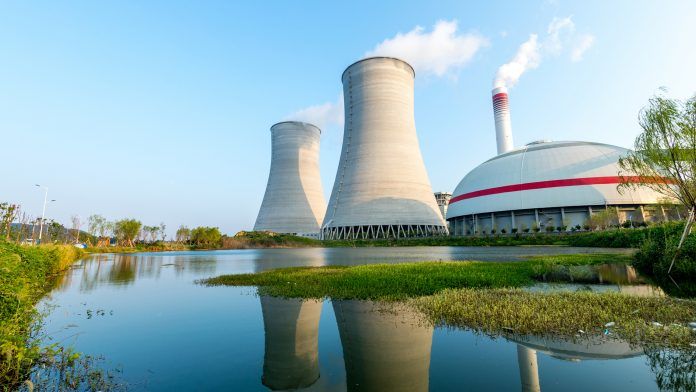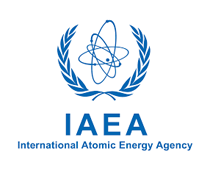
Achieving a low carbon future with nuclear technology
Diane Cameron, Head of the OECD Nuclear Energy Agency’s Division of Nuclear Technology Development and Economics, discusses the role of nuclear energy in the global drive toward net zero.
[Source: innovationnewsnetwork.com]
Many major economies committing to reduce their carbon emissions to meet climate change goals are relying on nuclear energy and will be doing so for decades. Analysis by the Nuclear Energy Agency (NEA) has shown that global installed nuclear capacity will likely need to triple by 2050 to meet climate change mitigation targets. To do so, this will require a significant increase in investment and innovation in the sector and, above all, a recognition that the technology has to be a part of global climate change mitigation efforts.
The COP26 UN Climate Change Conference held in 2021 and a global rise in uncertainty over energy security and prices have combined to make nuclear energy a more integral part of the global conversation. This renewed interest must now be translated into energy and climate policy frameworks.
The NEA has been underlining the role nuclear energy should play in reaching the objective set by the Paris Agreement: limiting global warming to well below 2°C and preferably 1.5°C. This would require achieving net zero emissions by 2050 at the latest.





